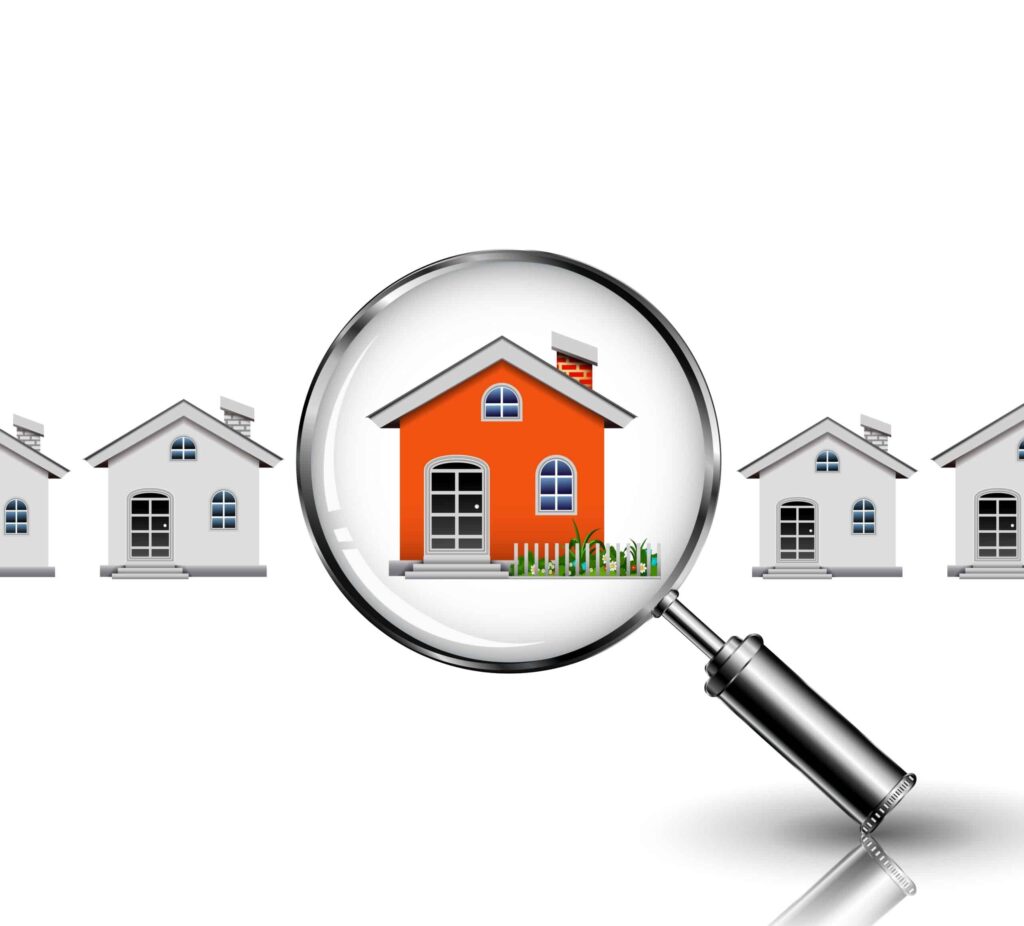Maximizing operational safety in any commercial building is a fundamental priority for property owners, managers, and tenants alike. A professional commercial building inspection is a vital step toward ensuring a safe environment that not only complies with legal requirements but also protects the health and well-being of all who occupy the space. Safety in commercial buildings encompasses a broad range of factors, from structural integrity to fire safety, electrical systems, and environmental concerns. By identifying potential risks early through a thorough inspection, building owners can take proactive measures to prevent costly repairs, insurance claims, and even legal liabilities. One of the most crucial aspects of operational safety is the structural condition of a building. Over time, natural wear and tear can lead to foundation shifts, cracks in the walls, or even compromised load-bearing walls. A professional inspector has the expertise to assess the structural integrity of the building and identify issues that may not be immediately visible to the untrained eye.

Early detection of such problems ensures that repairs can be made before they escalate into serious, and often expensive, issues. The safety of building occupants heavily depends on the soundness of the structure, and regular inspections help mitigate risks associated with building collapses, foundation failures, or other catastrophic events. Beyond the physical structure, the systems within the building, such as plumbing, electrical, and HVAC heating, ventilation, and air conditioning, play a significant role in maintaining operational safety. Electrical systems, in particular, are a common cause of fires in commercial buildings. Faulty wiring, overloaded circuits, and outdated equipment pose serious hazards that can lead to fires, electrocutions, or equipment malfunctions. Professional inspectors are trained to spot these risks and recommend necessary upgrades or repairs. Similarly, plumbing issues such as leaks, corrosion, or blocked drains can lead to water damage, mold growth, and unsanitary conditions that pose health risks to building occupants. Reserve Fund Study inspection ensures that these systems are functioning correctly and up to code.
Fire safety is another critical component of operational safety. Every commercial building must adhere to fire codes that require the installation and maintenance of fire alarms, sprinklers, extinguishers, and clearly marked exit routes. Commercial Property Inspection will verify that these life-saving systems are installed and operational. Regular inspections are essential to make sure that these systems are not only compliant with the latest fire safety regulations but also capable of responding quickly in an emergency. In addition to these technical systems, environmental safety is another area that requires attention. Issues such as the presence of asbestos, lead paint, or hazardous chemicals can pose serious health risks. A professional inspection includes testing for these materials, ensuring that any hazardous substances are properly managed or removed to avoid long-term health effects on building occupants. Overall, maximizing operational safety in a commercial building through professional inspections is not only a legal and ethical obligation but also a strategic investment in the longevity of the building and the well-being of those within it. In the end, maintaining a safe operational environment is a key factor in the success of any commercial property.